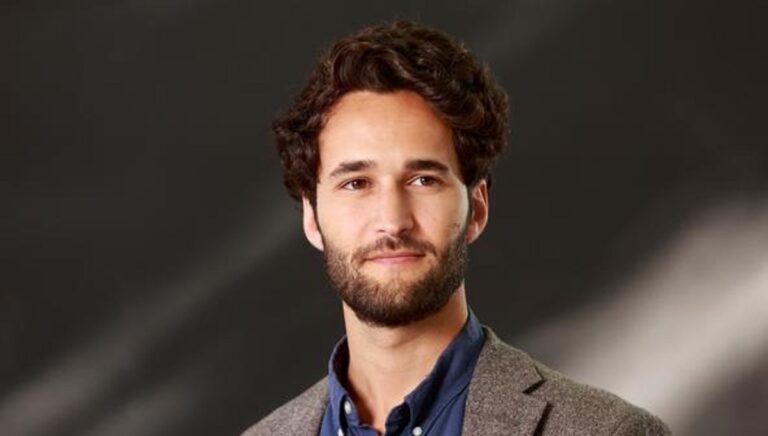As technology continues to advance at an unprecedented pace, the fabric of our daily lives—and the very concept of work—is undergoing a profound transformation. Economist Daniel Susskind warns that we are on the brink of a world where traditional employment may become obsolete, urging society to rethink how we find purpose and meaning beyond the workplace.
The Core of the Problem
In his thought-provoking book, “A World Without Work,” Daniel Susskind explores the implications of a future where machines and artificial intelligence take over an increasing number of jobs. He poses a critical question: “How will people earn a living and find purpose if they are no longer required to work?” Susskind argues that as technology automates more tasks, the traditional link between work and income is weakening, leading to potential economic and social upheaval.
The rapid advancement of technology has already begun to displace workers in various industries. From manufacturing to services, automation is reducing the need for human labor. According to the World Economic Forum (WEF), by 2025, machines and algorithms could replace millions of jobs globally. Susskind emphasizes that this trend is not just about job loss but about the broader societal implications of a world where work is no longer central to human identity and purpose.
The Fear of Emptiness
One of the most profound challenges Susskind highlights is the psychological impact of a life without work. Work has long been a source of structure, identity, and fulfillment for many individuals. Without it, people may struggle to find meaning and purpose, leading to increased rates of depression, anxiety, and a general sense of purposelessness.
Susskind references the work of Marie Jahoda, a social psychologist who studied the effects of unemployment in the 1930s. Jahoda found that beyond financial strain, unemployment led to a loss of daily structure, social contacts, and a sense of competence. Similarly, in a future where work is scarce, individuals might experience a “fear of emptiness,” grappling with how to occupy their time and find fulfillment outside of traditional employment.
In Search of Lost Meaning
The potential disappearance of work necessitates a reevaluation of how we derive meaning and purpose in our lives. Susskind suggests that society must develop new avenues for individuals to contribute and feel valued. This could involve a shift towards activities that are not driven by economic necessity but by personal and communal fulfillment.
One proposed solution is the implementation of a conditional basic income (CBI). Unlike a universal basic income, a CBI would provide financial support based on certain conditions, such as community service or participation in societal projects. This approach aims to ensure that individuals remain engaged and contribute to society in meaningful ways, even in the absence of traditional jobs.
Susskind also emphasizes the importance of education and lifelong learning in preparing individuals for a world without work. By fostering skills that are adaptable and focused on creativity, problem-solving, and interpersonal relationships, society can help people find new paths to fulfillment and purpose.
New Values for a New Era
As we transition towards a world where work may no longer be a central pillar of life, Susskind calls for the cultivation of new values that prioritize well-being, creativity, and community. He envisions a society where leisure is not seen as a waste of time but as a valuable period for personal growth, exploration, and building stronger social bonds.
This shift requires a collective effort to redefine success and societal contributions. The American Psychological Association (APA) highlights the importance of finding balance and emphasizing activities that promote mental and emotional well-being. By valuing leisure and personal development, society can create a more inclusive and fulfilling environment for everyone.
Susskind’s vision also includes the encouragement of volunteerism and civic engagement. By fostering a culture where contributing to the community is highly valued, individuals can find purpose and satisfaction outside of paid employment. This not only benefits individuals but also strengthens the fabric of society, creating a more resilient and connected community.
Conclusion
Daniel Susskind’s predictions about a world without work serve as a crucial wake-up call for policymakers, educators, and society at large. As we stand on the brink of significant technological advancements, it is imperative to proactively address the potential economic and social challenges that come with a diminished role for traditional employment.
By rethinking leisure, redefining purpose, and implementing innovative solutions like conditional basic income, we can navigate this transition with compassion and foresight. Susskind’s insights urge us to envision a future where technology enhances human potential, allowing us to pursue meaningful lives beyond the constraints of traditional work.
As we move forward, the key will be to balance technological progress with the preservation of human values, ensuring that everyone has the opportunity to thrive in a rapidly changing world.






